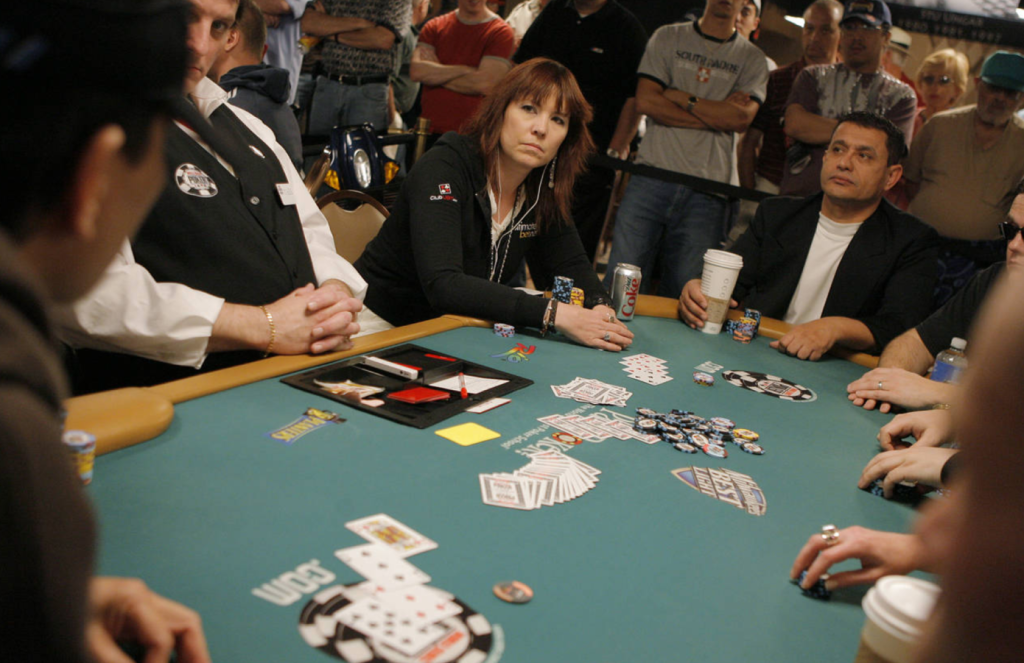Fast World.
“The most important decision you will ever make is to be in a good mood.” –Voltaire

“The most important decision you will ever make is to be in a good mood.” –Voltaire
The Wall Street Journal and its writers are top-notch. Their words, articles, and postulated theories trigger the cognitive part of my brain to question. An article crossed my feed as I was gazing at some extraordinary pictures on IG from a London-based photographer @Ilyas Ayub who really has an amazing lens. His photograph in my masthead had me mesmerized by its layered take on time, power, and communication. When standing still, the speed of life is a blur.
The WSJ article “Decision Fatigue Is Real. Here’s How to Beat It This Year.” by Rachel Feintzeig fed into my line of questioning. Ms. Feintzeig’s subtitle, “We’re tired and overwhelmed by choices big and small, from whether to take a new job to what to have for dinner.,” lifted my eyebrow. Really? Not to be disagreeable I was just a little surprised. Not in Ms. Feintzeig’s direction, but at the notion of decision-making fatigue moving the needle among the general populace.
Ms. Feintzeig’s article says, “Worn out from nearly two years of the pandemic, many of us are paralyzed when it comes to major life choices and quotidian decisions alike. Whether it’s leaving a job, booking that flight, or letting your kid go to a birthday party, the rules and risks keep shifting. All the options seem fraught.”
“We can get to this state of, does anything even matter anymore? There’s this almost nihilist point that you reach,” says Dane Jensen, the chief executive of Third Factor, a Toronto-based performance-consulting firm.
Jumping from decision fatigue cued by the pandemic’s uncertainty to a nihilist threshold. Hmm. Seems like a bit of a leap but okay, I am reading.
The piece continues with Katy Milkman, a noted professor at the University of Pennsylvania’s Wharton School, “Humans just aren’t great at sifting through options. We’re spooked by small probabilities of risk and often rely on stereotypes instead of detailed data. It’s hard to make decisions even when the world isn’t throwing you curveball after curveball and freaking you out.”
Of course, I whole-heartily agree with Dr. Milkman. In reality, the average American should be much better at making decisions. Life’s journey is an everyday experiment with reality. From my vantage point, the notion of certainty is a social construct and a figment of our imaginations with further attempts to apply math to the human equation. This is why I am writing, “Beyond the Hype: The Art of Thinking for Yourself” for release in the first quarter. The process of decision-making seems to have been lost or hidden from sight in our society. Too much outsourcing of our opinions to others. But I digress up on my soapbox.
From Ms. Feintzeig’s article former professional poker player Annie Duke has a piece of the puzzle as she suggests reframing your decision matrix. “Remind yourself that many decisions can be undone or tweaked later,” she says. “Picture yourself a year from now, having made the wrong call: what might be the early warning signs of an unhappy outcome? Write them down and promise to plot a change if you notice them.”

Ms. Duke’s years of gaming built her trial and error decision-making abilities. The idea overlooked in this article is buried in the lead. Ms. Feintzeig used the word “fatigue”.
Fatigue has two definitions as both a noun and a verb. First, to cause (someone) to feel tired or exhausted. Check. Second, to weaken (a material, especially metal) by repeated variations of stress. Either definition seems appropriate to Ms. Feintzeig’s purpose and usage.
But why are people so fatigued? I am always asking the “why” of reality. I believe the issues are poor framing of the decision (Ms. Duke nailed that issue perfectly), ineffective coping strategies (Dr. Milkman agreed), inadequate training to make decisions, and the persistent outsourcing of decisions to others under the umbrella of expertise. Hmm. Two issues remain. Inadequate training and outsourcing of decision-making.
Let me back up before I go forward. I have the luxury of seeing decision-making through the lens of a certified instrument pilot, an advanced open water scuba diver, a skydiver, a tour with the military, and 40 years of martial arts. My vantage point was purchased through rigorous training in a myriad of life and death failures from equipment to the vicissitudes of mother nature. (See my November 16, 2021 post “Terminal Velocity”) To survive, I either coped using my training to live on or not. And in my endeavors speed in adaptive decision-making was at a premium. As I am writing this post at the tender age of 60, I did a few things right when the chips were down. Not surprisingly, I have too many near-death experiences to count on both hands.
I was trained to make decisions in a host of environments, air, sea, land, and hand-to-hand combat over decades. I learned to fight battles or deal with situations with imperfect information, to fail, cope, adjust and recover. Making good and bad decisions then adjusting is second nature to me. This is why I missed the “Fatigue” factor Ms. Feintzeig so eloquently explained. One of my life maxims says, “we do not see the world as it is, we see the world as we are.” My decision-making training began at 18. I don’t know any other way of seeing the world. This means I have a blindspot that Ms. Feintzeig so neatly filled.
Why do you think Annie Duke could author a book “How to Decide”? Millions and millions of decisions at the poker table. Decision-making is second nature to the former Champion poker player. Poker provided Ms. Duke with a first-class gym for her decision-making muscles. She won millions of dollars by getting good at deciding. By the way, Ms. Duke is on my Twitter feed and so is Dr. Jane McGonigal, author of Superbetter and Reality Is Broken powered by the science of games. Ms. McGonigal offers gaming as an effective simulation to grow, learn and cope with the real world. A gamer herself, she has reaped the benefits.
Ms. McGonigal and Ms. Duke’s gaming paths to their degree of mastery are far more risk-averse than my 4o years of tempting fate. I contend that gaming is a highly effective means of gaining the training needed to build decision-making muscle.
We are left with one remaining issue in my mind. Outsourcing our decision-making to others under the umbrella of expertise.
In the martial arts community, a master is defined as one who has walked up the mountain before you. Man or woman, it does not matter. A master does not lord over you. Their role is to transmit a lifetime of knowledge, training, and expertise to the next generation. They are judged on their ability to craft students into the best martial artists possible. To make the dedicated student far better than the master. But the master can only demonstrate, guide, correct, teach and chastize when required. They can’t do the work necessary to achieve any level of mastery for their student. Achievement is solely in the hands of the student.
In our culture, we put too much emphasis on the experts, without getting a second or third opinion and doing the work to know what questions to ask. We outsource when we should be doing a deep dive to challenge the conventional wisdom and form our own opinion. I am not suggesting thinking for yourself is easy, or an overnight miracle. It’s not. But the payoff of taking responsibility for coping with the everyday uncertainty with imperfect information will thrill you in the end. Coping is less about making the right decision and more about being confident you can change through adaptation.
Life comes at us fast. In the end, each of us is experimenting with reality every day. Experts don’t have a corner on wisdom. They have simply climbed the mountain already and can show you the way they coped and tamed uncertainty in their realm.

Lastly, remember fatigue comes from exercise. Sore muscles tell you that you are working them. Which is not necessarily a bad thing. Real-life is chaotic, uncertain, and pretty messy. If you learn to battle with imperfect information, accept failure as part of the process, cope, and adjust, you will recover and stay in the game of life to fight another day.
Without knowing Dr. McGonigal beyond her books, speeches, and writing, I can assure you, she understands and epitomizes the role of a martial arts master, a teacher. Spend a few minutes listening to her TEDtalk. It's worth your time.
I have been in the same poker room with Annie Duke on numerous occasions but have never met her. She is very good at poker. Her winnings are proof of her acumen.
I have now quoted Dr. Milkman two weeks in a row, which means I am finally catching up to the astute lady and her work.
Ms. Feintzeig, I owe you a "thank you email" for a well-written and thought-provoking piece.
Until next time.

